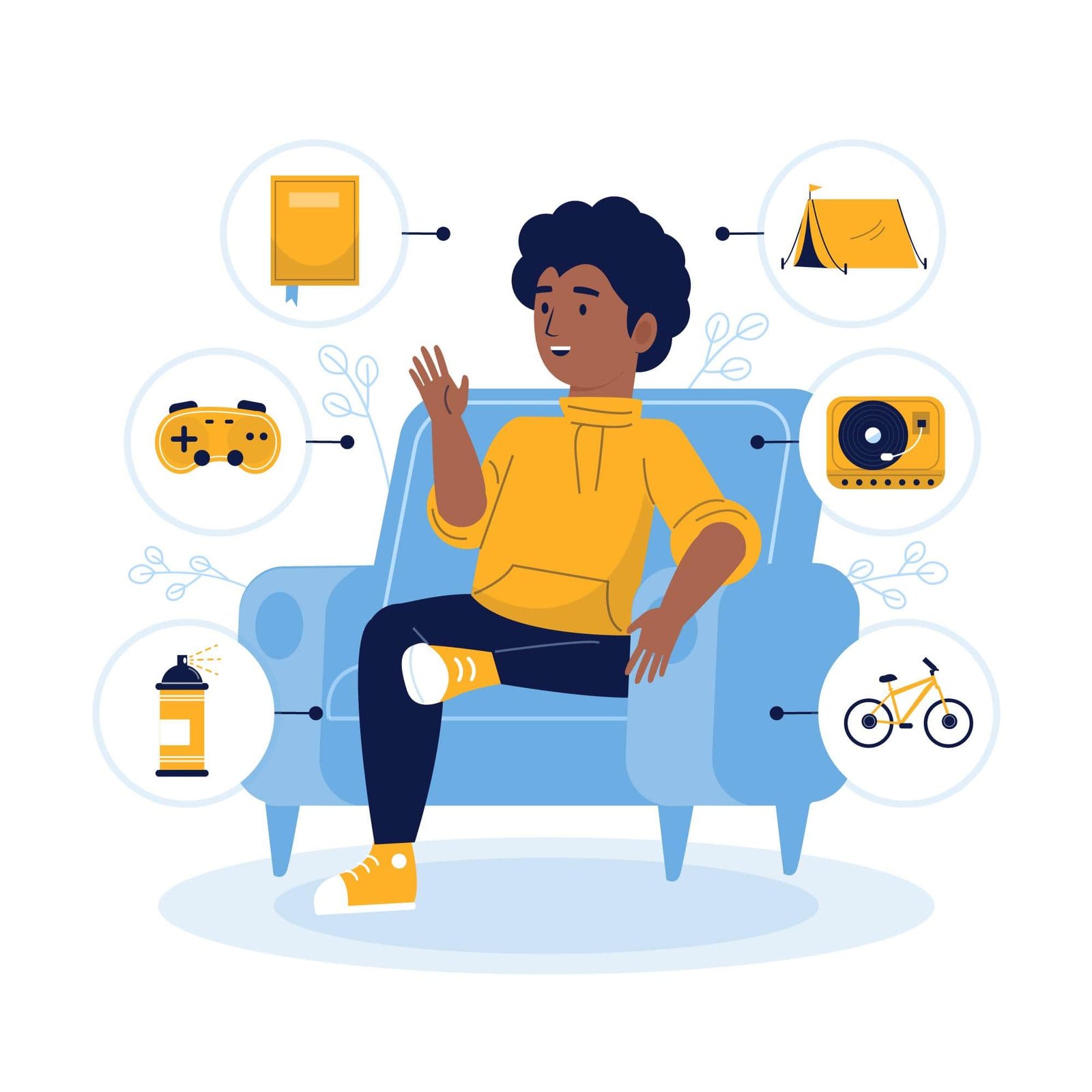Artificial Intelligence (AI) is revolutionizing the way we live, work, and interact with technology. From automating tasks to personalizing experiences, AI is becoming an integral part of our daily lives. As advancements continue, AI is expected to bring even more transformative changes across various industries. Here’s a look at how AI is shaping the present and what we can expect in the future.
1. AI in Everyday Technology
AI is already embedded in many of the devices and applications we use daily. Virtual assistants like Siri, Alexa, and Google Assistant use AI to understand voice commands and provide relevant responses. AI-powered recommendation engines on streaming platforms, such as Netflix and Spotify, personalize content based on user preferences, enhancing entertainment experiences.
2. AI in Healthcare
The healthcare industry is experiencing significant improvements due to AI-powered solutions. AI-driven diagnostic tools help detect diseases like cancer at earlier stages, improving patient outcomes. Additionally, AI-powered chatbots and virtual health assistants provide instant medical advice, while robotic surgeries enhance precision in complex procedures.
3. AI in Business and Productivity
AI is streamlining business operations by automating repetitive tasks, enhancing decision-making, and improving customer service. Chatbots handle customer inquiries, AI-driven analytics provide valuable insights, and automation tools boost workplace productivity. Companies are also leveraging AI for fraud detection, cybersecurity, and risk assessment.
4. AI in Transportation
Self-driving cars, powered by AI, are set to revolutionize the transportation industry. Companies like Tesla, Waymo, and Uber are developing autonomous vehicles that promise safer and more efficient travel. AI also enhances traffic management, reducing congestion and improving road safety through real-time data analysis.
5. AI in Education
AI is transforming education by enabling personalized learning experiences. AI-driven platforms assess students’ strengths and weaknesses, tailoring lessons accordingly. Virtual tutors, automated grading systems, and language translation tools make education more accessible and efficient.
6. AI in Finance
Financial institutions are using AI to detect fraudulent activities, automate trading strategies, and provide personalized financial advice. AI-driven chatbots assist customers with banking queries, while robo-advisors help investors make data-driven decisions.
7. AI in Smart Homes
Smart home technology, powered by AI, is making everyday living more convenient and efficient. AI-enabled devices, such as smart thermostats, security cameras, and voice-activated assistants, learn user preferences and optimize energy consumption, security, and household management.
8. AI and Creativity
AI is also making strides in creative fields, assisting artists, musicians, and writers. AI-generated music, artwork, and even news articles showcase how technology can complement human creativity. Tools like OpenAI’s GPT models and DeepArt allow users to create unique content effortlessly.
9. Ethical Considerations and Challenges
Despite its benefits, AI presents ethical challenges, such as data privacy concerns, bias in decision-making, and job displacement due to automation. Ensuring responsible AI development and usage is crucial to maintaining fairness, transparency, and accountability in AI applications.
10. The Future of AI
AI is poised to become even more advanced, with improvements in natural language processing, robotics, and machine learning. AI will continue to enhance industries, reshape job markets, and redefine human-technology interactions. Ethical AI governance and responsible innovation will be key to harnessing AI’s potential while addressing its challenges.
Conclusion
Artificial Intelligence is transforming everyday life in profound ways, from healthcare and finance to education and entertainment. As AI continues to evolve, its impact will only grow, making life more efficient, convenient, and innovative. By embracing AI responsibly, we can unlock its full potential while ensuring a future that benefits society as a whole.

